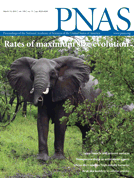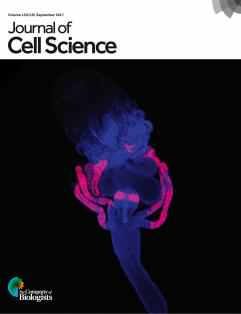
When a publisher rolls out image screening on its journals over an eight-year-period, some surprising things happen. For one, researchers whose papers were flagged are less likely to make the same mistake again. That’s according to new findings presented by the American Physiological Society (APS), which began increasingly checking images in accepted papers for splicing and other tweaks before they are published. (Note: they are not the only outlet to institute such checks.) At the recent International Congress on Peer Review and Scientific Publication, the APS presented findings from seven journals, spanning from 2009 when very few articles were checked, all the way to 2016, when all seven journals screened images before publishing them. We spoke with APS associate publisher for ethics and policy Christina Bennett about the data — which also showed that, over time, fewer papers were flagged for images concerns, and those that were flagged were addressed prior to publication (which reduced the number of corrigenda published to correct image errors). What’s more, the percentage of papers with questionable images has fallen by 0.7% each year since 2013.
Retraction Watch: What prompted APS journals to start doing image checks?





 A journal has published an expression of concern (EoC) for a paper on cancer genetics in mice, over a concern about data in some gel panels.
A journal has published an expression of concern (EoC) for a paper on cancer genetics in mice, over a concern about data in some gel panels. 
